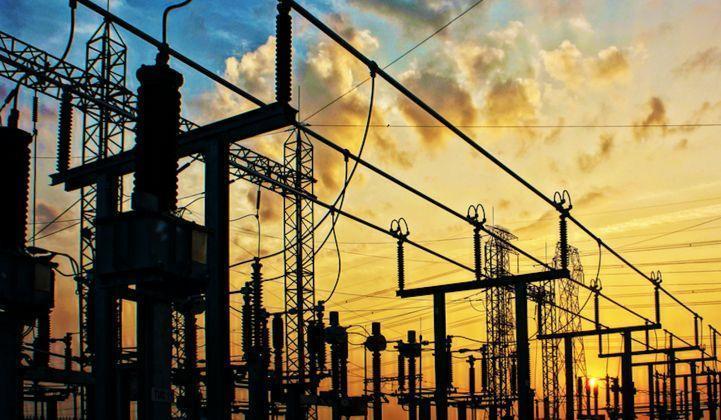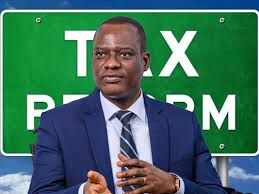Nigerian residents have been left with mixed feelings following the recent decision by the Nigerian Electricity Regulatory Commission (NERC) to significantly increase electricity tariffs, particularly for Band A consumers.

The Tariff increase in Electricity
NERC has approved a whopping 300 per cent increase in electricity tariffs for Band A consumers across the country. This means that customers falling into this category will now be charged N225 ($0.15) per kilowatt-hour, a significant jump from the previous rate of N68.
Implementation Details
The hike in tariffs, effective from April 1, 2024, marks a substantial adjustment in electricity pricing. Power distribution companies (DisCos) are now authorized to enforce the new tariff, which has stirred both anticipation and concern among consumers.
Addressing Consumption Disparities
Musiliu Oseni, the Vice Chairman of NERC, disclosed this development in Abuja, shedding light on the rationale behind the tariff adjustment. Oseni clarified that the rate increase specifically targets 15 per cent of electricity customers in the country, who fall into the Band A category.
Balancing Supply and Demand
Oseni’s revelation regarding the consumption patterns underscores the necessity of aligning tariffs with consumption habits. While the tariff hike may come as a shock to some consumers, it aims to address disparities in electricity consumption and ensure a more balanced distribution of resources.
Assessing the Impact
As Naija residents grapple with the implications of the tariff hike, it becomes imperative to assess its broader impact on households, businesses, and the economy at large. While the adjustment may lead to increased costs for certain consumers, it could also pave the way for improved infrastructure and service delivery in the long run.
The decision by NERC to increase electricity tariffs reflects ongoing efforts to address challenges within the energy sector and promote sustainability. As stakeholders adapt to the new pricing structure, it is crucial to monitor its effects closely and explore avenues for mitigating any adverse consequences. Ultimately, the goal remains to achieve a reliable and equitable energy system that benefits all Nigerians.
Read also:
- Nathaniel Bassey petitions IGP for action against defamation
- Bobrisky Arrested by EFCC
- Ajakaju Review: Beast of Two Worlds’ Falling Short of Expectations Despite Hype
- Breaking News: Oyo Deputy Police Commissioner Found Dead
- Marie Bliss, Moses Bliss’ Wife, Charms Crowd Speaking Akwa Ibom at His Concert
- Warning from Blessing Okoro to VeryDarkMan
- UGM kill University Lecturer in His Office, stole car and laptop
- Dunsin Oyekan: Why I Don’t Ask for Money to Sing the Gospel
- Jubilation as RCCG Introduces Discounted Food Market
- 16 Sex Positions for Intense Penetration
- Top 15 Universities in Nigeria Unveiled for 2024
- Taylor Swift Makes Forbes Billionaire List



